Trending Now
Thursday, Nov, 2024
Home / Advancements in Biomedical Applications: A Leap Forward with Modified Graphene Oxide at IIT Guwahati
Advancements in Biomedical Applications: A Leap Forward with Modified Graphene Oxide at IIT Guwahati
This modified version of graphene oxide, known as GO, has a large surface area and exhibits low cytotoxicity, making it highly suitable for medical applications. The team has been successful in further enhancing the properties of GO, thereby increasing its suitability for biomedical sensing applications.
 by Pragti Sharma /
by Pragti Sharma /  09 Nov 2023 15:44 PM IST /
09 Nov 2023 15:44 PM IST /  0 Comment(s) / 676
0 Comment(s) / 676
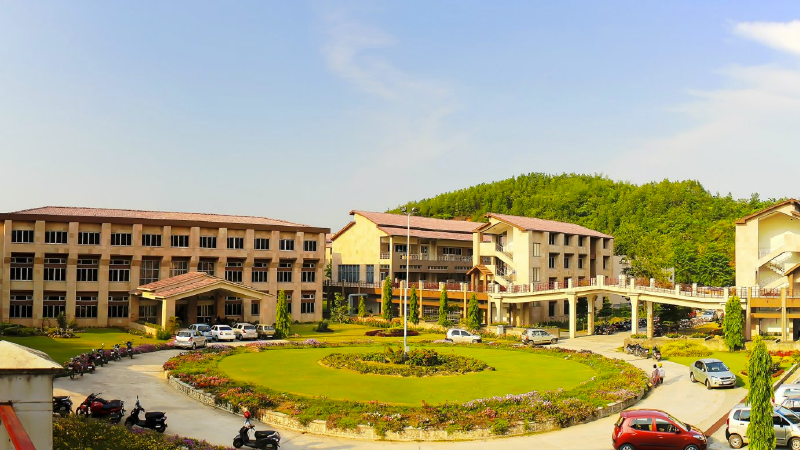
Image Courtesy : www.facebook.com/iitgwt
At the Indian Institute of Technology (IIT) Guwahati, a team of researchers led by Assistant Professor Rajiv K Kar has made a significant breakthrough in biomedical applications. They have developed an economical method to modify graphene oxide, a material known for its exceptional strength and superior electrical and thermal conductivity.
This modified version of graphene oxide, known as GO, has a large surface area and exhibits low cytotoxicity, making it highly suitable for medical applications. The team has been successful in further enhancing the properties of GO, thereby increasing its suitability for biomedical sensing applications.
The researchers are particularly interested in a specific functional modification of graphene. This involves attaching an amino acid or a simple amine group to the graphene. According to Kar, this modification significantly improves the stability of the Cys-GO sheets in liquid, reducing random movements. This discovery could play a crucial role in developing biomarkers for disease detection.
In addition to their groundbreaking research, the team has developed innovative laboratory experiments integrated into a Biomedical Science and Engineering (BMSE) course at the Jyoti and Bhupat Mehta School of Health Sciences and Technology. These experiments are designed to provide students with practical skills and inspire them to explore the potential of advanced materials.
Kar is of the opinion that these low-cost laboratory experiments can also be beneficial to other fields such as chemical, material science, nanotechnology, and interdisciplinary courses. He hopes that these techniques will help develop hands-on skills and inspire the next generation of scientists to find innovative solutions in the field of Biomedical Science and Engineering.
Their research findings have been published in ‘The Journal of Physical Chemistry C’ and ‘Journal of Chemical Education’. The research was supported by the Indian Council of Medical Research and the Indian Nanoelectronics Users Programme, funded by the Ministry of Electronics and Information Technology (MeitY), Government of India. This recognition and support highlight the significance and potential impact of their work in the field of biomedical applications.

EShort / February 16, 2024
IMS Noida Admissions 2024: Apply for UG, PG programmes

EShort / February 16, 2024
GATE 2024: Response sheet out

EShort / February 16, 2024
BSSTET 2023: Admit card released

EShort / February 16, 2024
NID DAT 2024: Prelims result released

EShort / February 16, 2024
IIT JAM 2024: Response sheet released

Jobs / February 16, 2024
UPSC Recruitment Drive 2024: Apply for 120 vacancies in various departments

EShort / February 14, 2024
UPSC CSE 2024: Official Notification issued; application process begins

Editor's Desk / April 17, 2020
How Does Society Impact Our Education?

Current Affairs / April 22, 2020
Mr. Sudarsanam Babu appointed to U.S. Science Board.
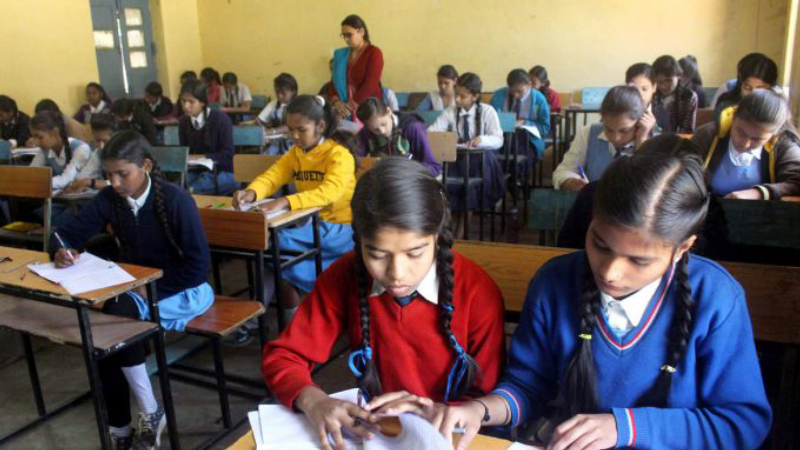
Reforms / April 17, 2020
Traditional Structure of Education In India
.jpg)
Events & Seminars / April 17, 2020
PISA!!
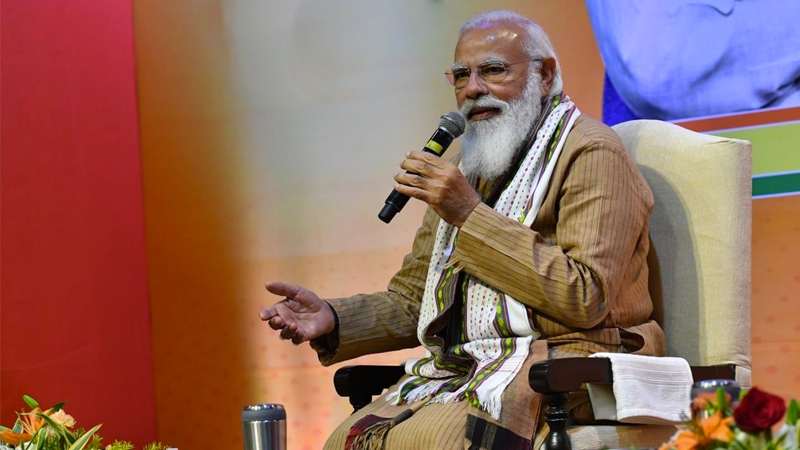
Blog / February 26, 2021
Government's Action On #ModiRojgaarDo

EShort / May 19, 2022
CUET PG 2025 has started the registration process.

Notice Board on Important Dates / April 21, 2020
World Heritage Day

News / July 08, 2021
JEE Mains Registration For Session 3: Last Date To Apply

EShort / December 14, 2021
UPSC Declared Final Result For DCIO Recruitment


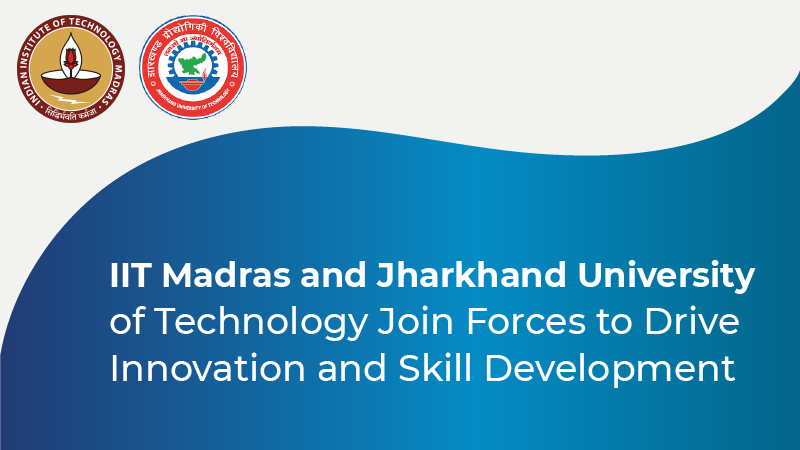
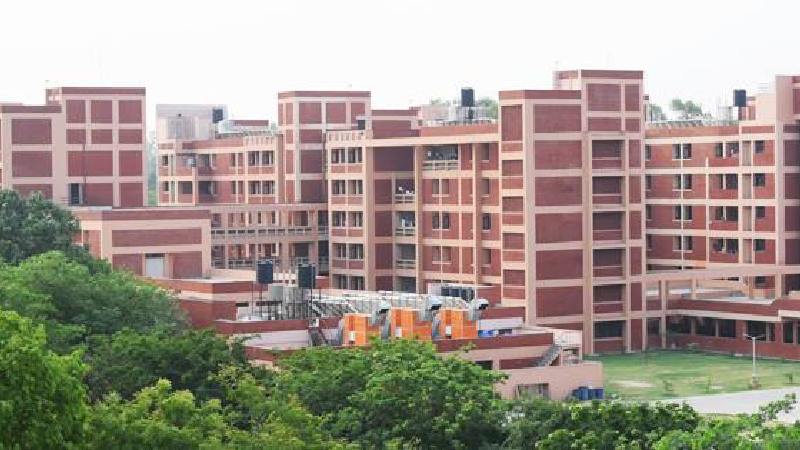
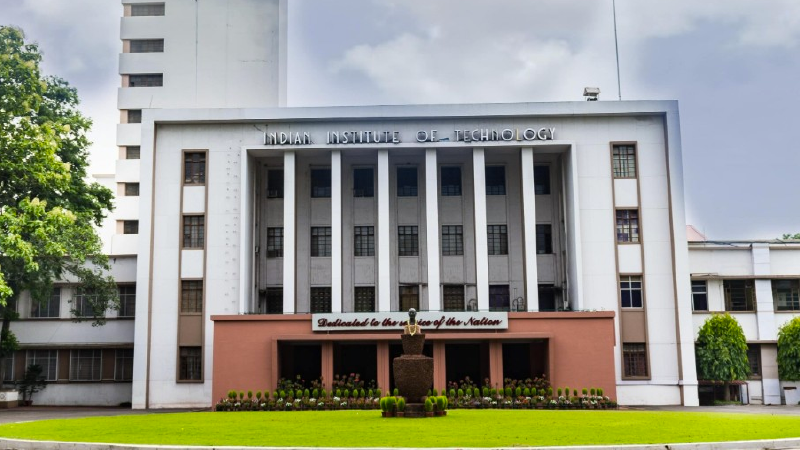
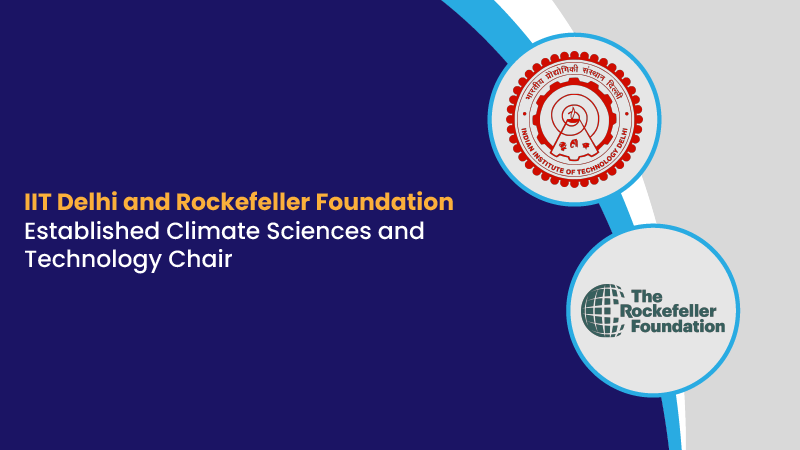

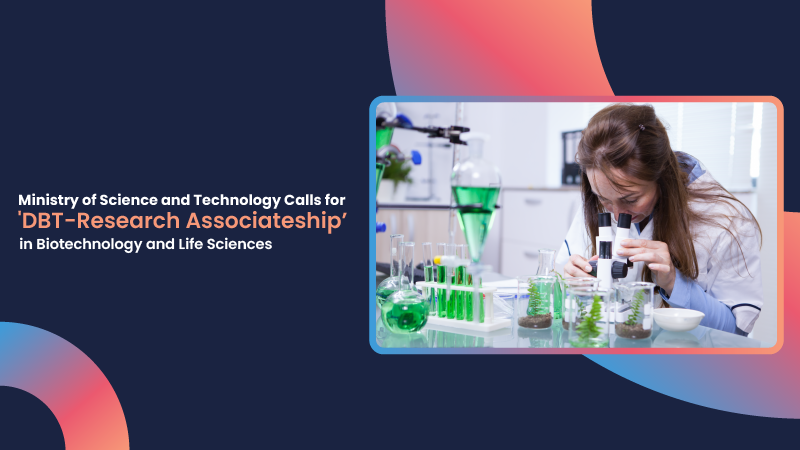


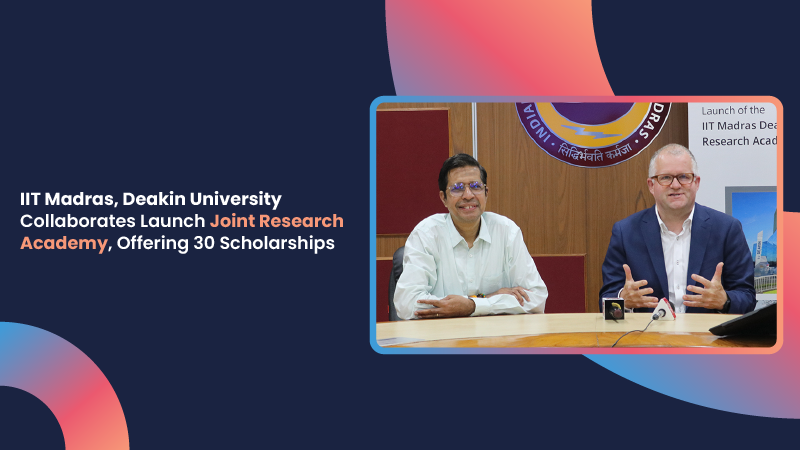
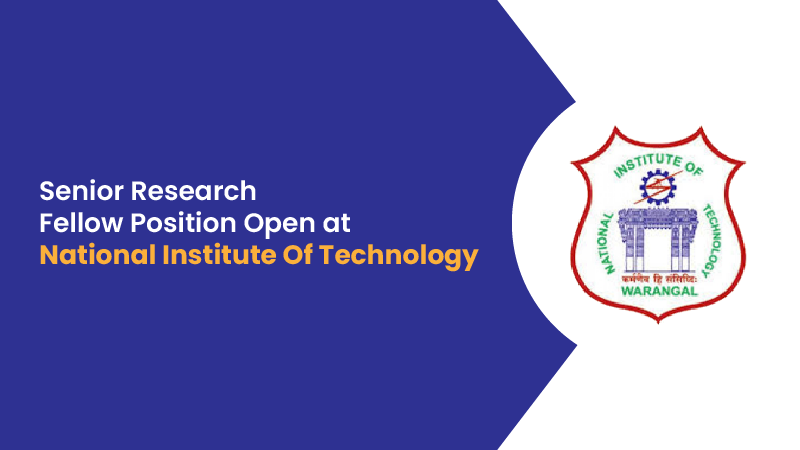

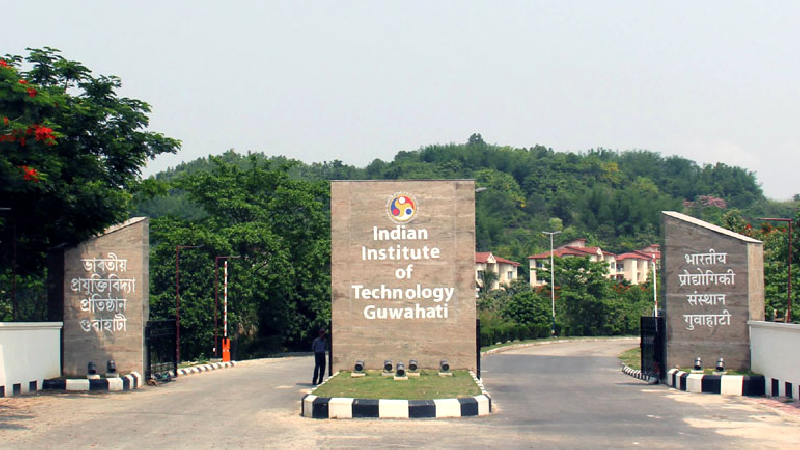
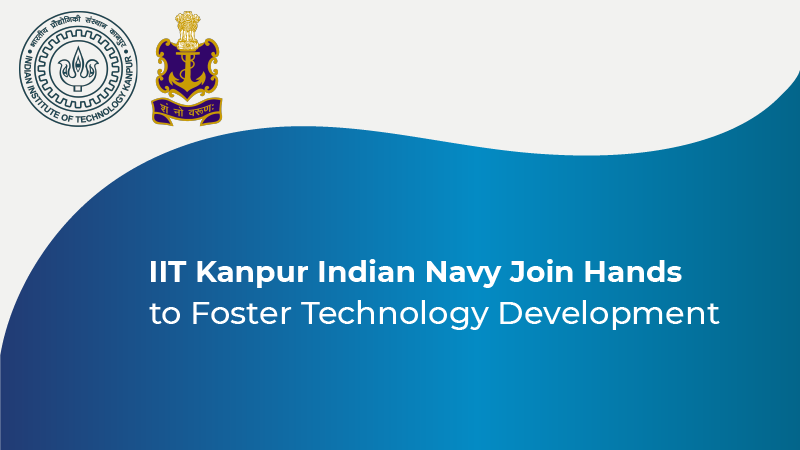

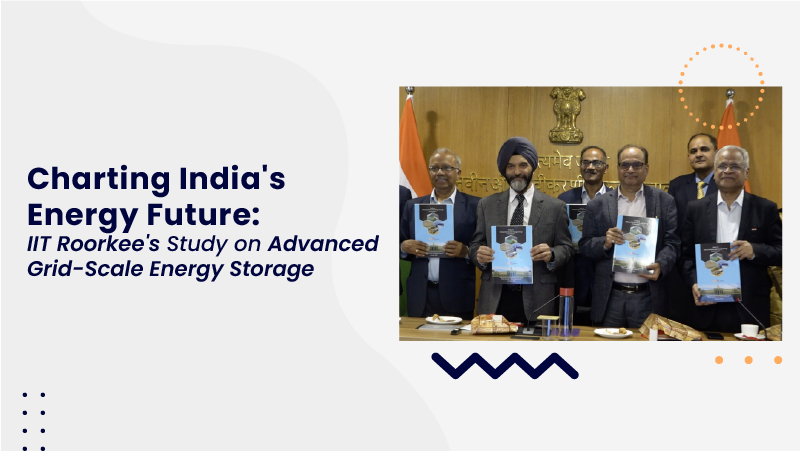



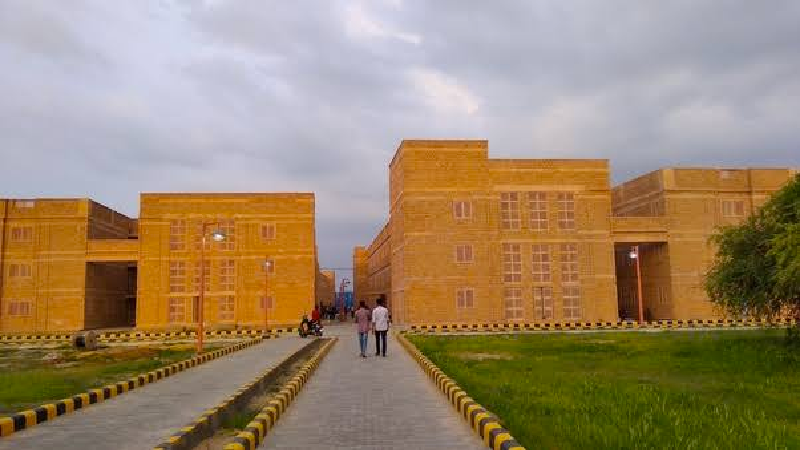

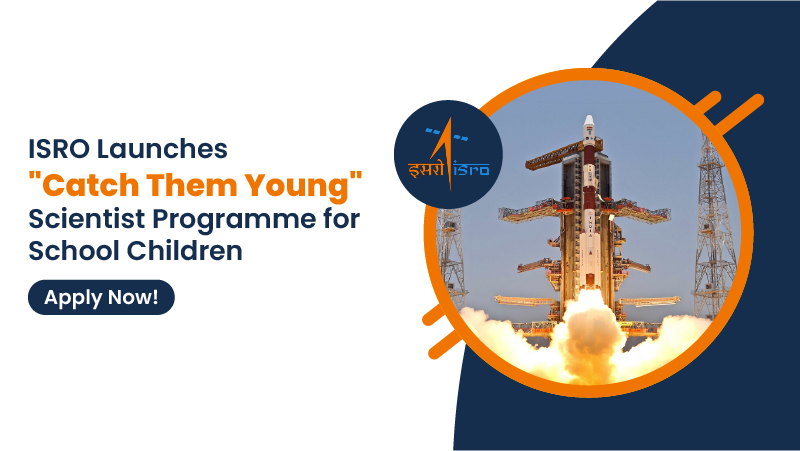
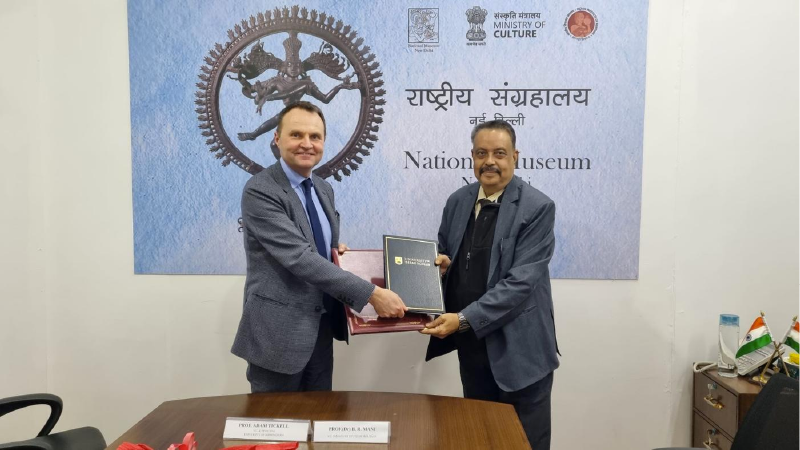
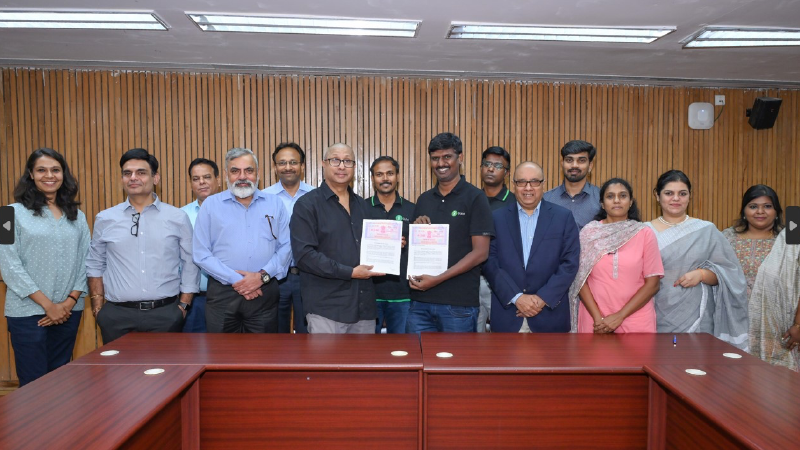
0 Comments
Post Comments